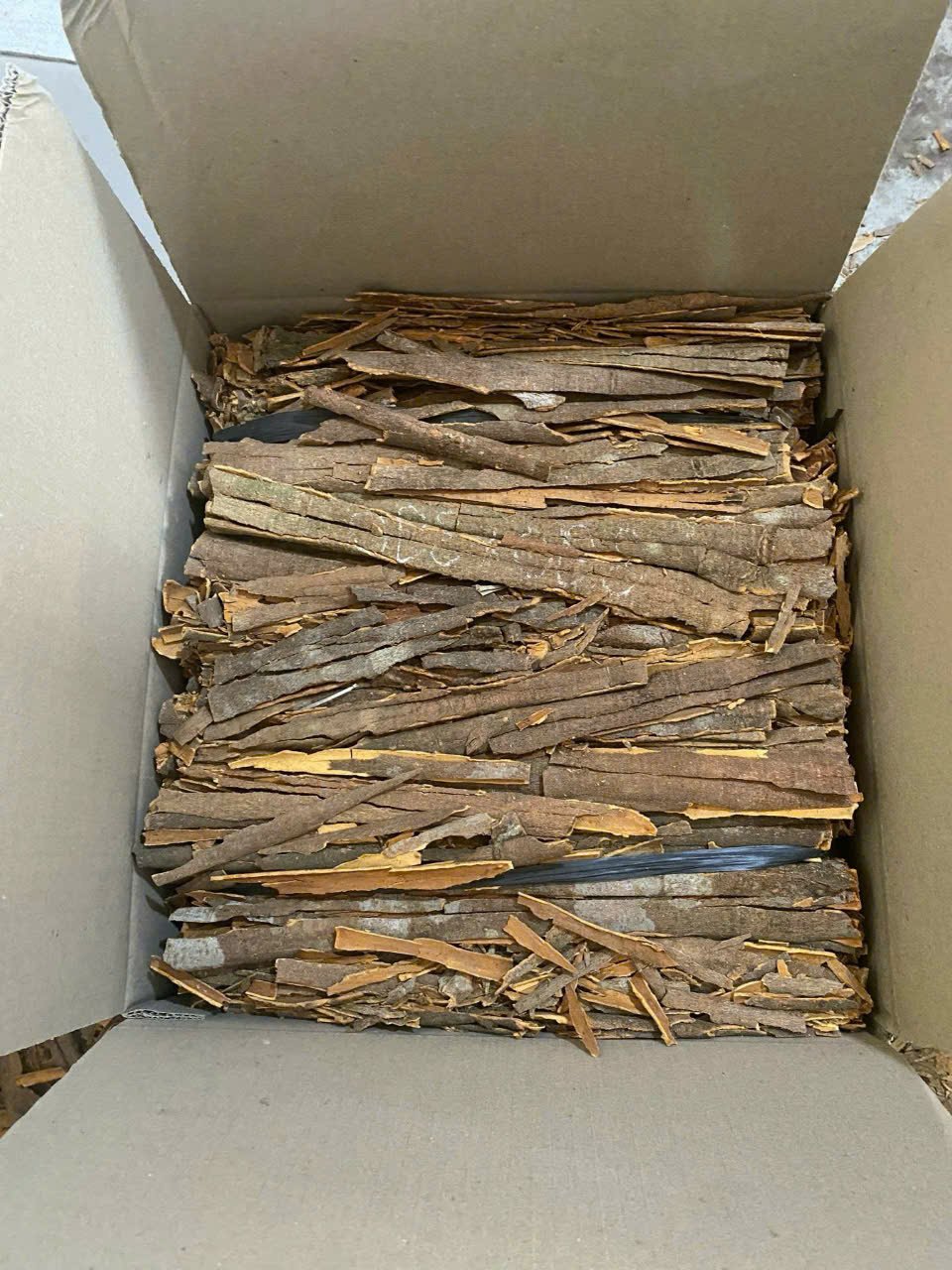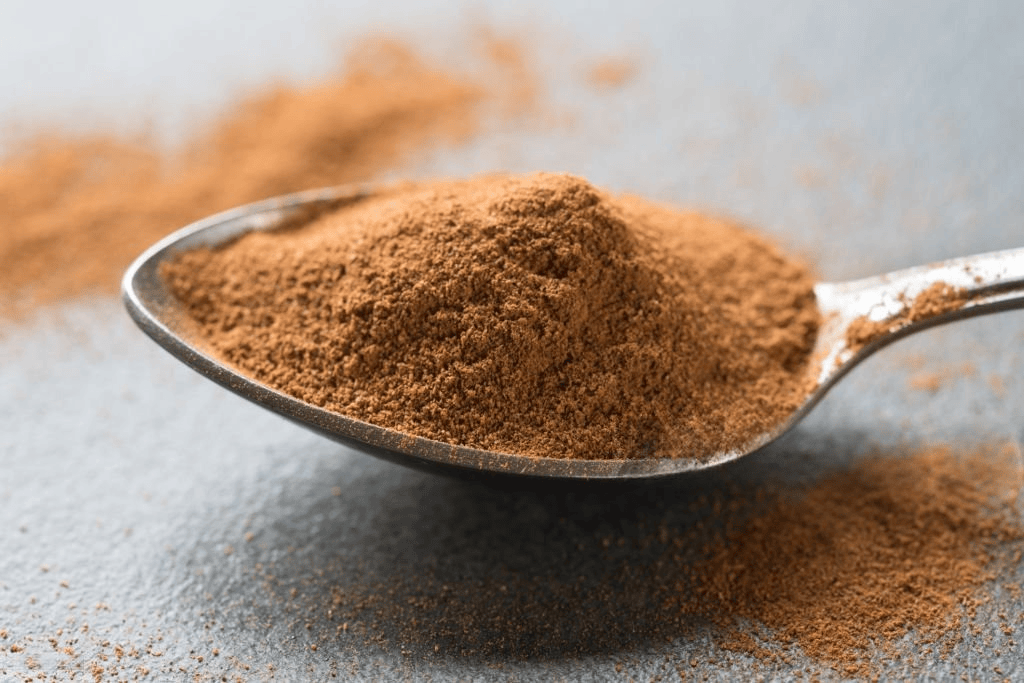Ultimate Guide to Certified Organic Cinnamon Powder Supplier
Contents
Ultimate Guide to Certified Organic Cinnamon Powder Supplier
As demand for clean-label and sustainably sourced ingredients soars, partnering with a Certified organic cinnamon powder supplier ensures your brand delivers premium-grade spice that meets the strictest organic standards. This comprehensive guide covers market trends, certification requirements, supplier selection, quality assurance, packaging, applications, and best practices for forging long-term partnerships in the organic cinnamon powder supply chain.

1. Introduction
A Certified organic cinnamon powder supplier cultivates, processes, and packages cinnamon powder under rigorous organic protocols—free from synthetic pesticides, herbicides, and GMOs. Certifications from bodies such as USDA NOP, EU Organic, and JAS guarantee that every stage, from farm to finished bag, adheres to internationally recognized organic regulations. As consumer awareness of ingredient transparency grows, certified organic cinnamon powder has become a must-have SKU for health-focused food brands, nutraceutical formulators, and artisanal producers seeking clean-label credentials.
2. Market Trends & Demand
The global market for cinnamon powder is experiencing steady expansion, with the organic segment outpacing conventional growth rates. In 2023, the cinnamon powder market was valued at around USD 1.0 billion, and forecasts project a 6.0 % CAGR through 2030. Premium organic variants command higher price points and enjoy growing shelf space across North America and Europe. This momentum is driven by consumers’ desire for natural, minimally processed spices in bakery, beverage, and functional food applications, as well as by the rise of plant-based and clean-label product lines.
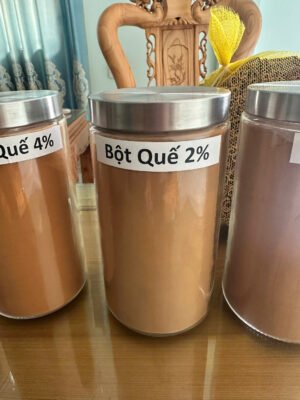
3. Certification Standards
To qualify as a Certified organic cinnamon powder supplier, companies must:
-
Comply with USDA NOP, EU Organic, and JAS: No use of synthetic fertilizers, pesticides, or genetically modified organisms, and strict separation from non-organic product flows.
-
Undergo annual audits by accredited certifiers to verify field practices, processing hygiene, and record-keeping.
-
Maintain documentation including Organic System Plans, audit reports, and Certificates of Compliance for each production lot.
Adherence to these standards not only secures organic labeling but also enhances traceability and consumer trust in your cinnamon powder.
4. Supplier Selection Criteria
When evaluating potential Certified organic cinnamon powder suppliers, consider:
-
Facility Audits: Review processing lines to ensure organic integrity—no cross-contamination with conventional spices.
-
Certificates of Analysis: Request up-to-date lab reports for pesticide residues, heavy metals, and microbial safety.
-
Traceability Documentation: Verify batch-level tracing from harvest date through milling, packaging, and export.
-
Private-Label & Packaging Options: Look for partners offering customizable secondary packaging, bag sizes, and labeling support.
-
Volume Flexibility: Ensure the supplier can scale production to meet both initial trial orders and long-term growth.
Thorough vetting early on sets the stage for reliable supply and consistent organic quality.
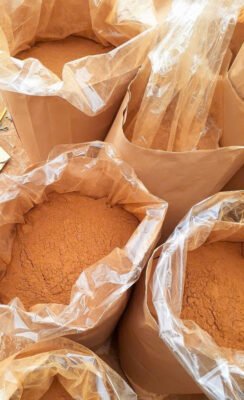
5. Quality Assurance & Testing
Premium organic cinnamon powder must meet or exceed recognized quality metrics:
-
ISO 6539 Standards: Moisture content below 12 %, essential oil concentration above 1 %, and minimal foreign matter.
-
In-House Laboratory Capabilities: Moisture analysis, aroma profiling, and microbial testing conducted on every batch.
-
Independent Third-Party Testing: Regular external audits to confirm pesticide absence, coumarin levels within safe limits, and overall product consistency.
-
Certificate of Analysis for Each Shipment: A detailed report certifying that the powder meets all organic, safety, and quality parameters.
This layered approach to testing safeguards both regulatory compliance and end-user satisfaction.
6. Packaging & Shelf Life
Proper packaging is vital to preserve flavor, color, and potency in Certified organic cinnamon powder:
-
Multi-Layer Foil Bags: Provide superior barrier protection against moisture, oxygen, and light.
-
Bulk FIBC Containers: For large-volume orders, flexible intermediate bulk containers ensure safe transport.
-
Sealing and Nitrogen Flushing: Inert-gas flushing extends shelf life by preventing oxidation.
-
Storage Recommendations: Keep powder at 15–25 °C with relative humidity below 65 %. Under these conditions, organic cinnamon powder retains optimal quality for up to two years.
Clear labeling with production and best-before dates aids inventory rotation and freshness management.
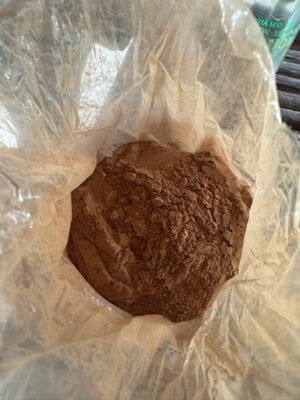
7. Applications & Industries
Certified organic cinnamon powder finds widespread use across:
-
Clean-Label Bakery: Breads, muffins, cookies, and granolas benefit from its warm aroma and natural color.
-
Beverage Innovations: Teas, lattes, smoothies, and functional tonics leverage its antioxidant attributes.
-
Nutraceuticals: Blood-sugar support supplements and metabolic health formulations incorporate cinnamon’s bioactive compounds.
-
Cosmetics & Personal Care: Exfoliating scrubs, masks, and balms utilize its antimicrobial and circulation-boosting properties.
-
Specialty Food Products: Savory spice blends, health bars, and gourmet sauces gain complexity from organic cinnamon.
This versatility makes it an indispensable ingredient for brands across food, wellness, and beauty sectors.
8. How to Partner with Suppliers
To establish a successful partnership with a Certified organic cinnamon powder supplier:
-
Negotiate Long-Term Agreements: Define volume commitments, price tiers, and renewal terms.
-
Clarify Logistics Terms: Agree on Incoterms (e.g., CIF, DDP), lead times, and packaging specifications.
-
Implement Quality Benchmarks: Set pass/fail criteria for moisture, oil content, and microbial counts.
-
Demand Transparency: Insist on regular audit summaries, traceability data, and shipment-level Certificates of Analysis.
-
Plan for Scalability: Include clauses for volume increases and new product developments as your business grows.
A structured onboarding process ensures alignment on quality, delivery, and commercial expectations.
9. Conclusion
Partnering with a Certified organic cinnamon powder supplier that upholds rigorous certification, quality testing, and sustainable practices empowers your brand to meet rising consumer demand for purity and transparency. By following the guidelines in this guide—from supplier selection to packaging and applications—you’ll secure a reliable, premium-grade cinnamon powder supply that differentiates your products and supports long-term success.



